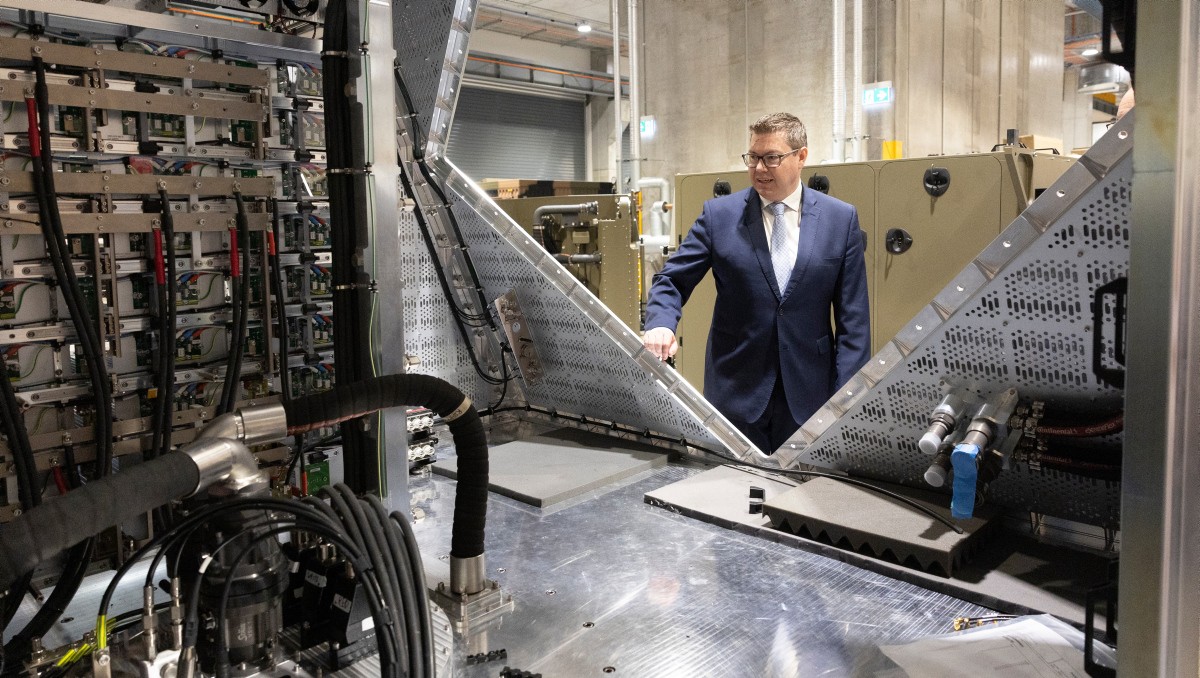In Memoriam - Major General Duncan Francis
Major General Duncan Francis AO, OBE
(1937–2004)
Major General Duncan Francis, who made a significant contribution to the formation and development of the Papua New Guinea Defence Force and to materiel management in the Australian Army and defence organisation, died in Canberra on 26 October 2004 after a short illness. Major General Francis was born on 20 March 1937 in Perth, Western Australia, and was the son of Lieutenant Colonel Duncan Francis. Educated at Aquinas College, he chose to follow his father into a military career. In 1957 he graduated from the Royal Military College (RMC), Duntroon, where he was awarded the Queen’s Medal for academic excellence.
After completing a degree in civil engineering at Melbourne University in 1959 and following a posting to 21 Construction Squadron in 1960, Francis served at the Maralinga Atomic Range Support Unit from 1961 to 1962. He was then posted to the United Kingdom for further training in 1962–63 and completed specialist engineer courses ranging from bomb disposal to missile disarmament. Subsequent postings between 1964 and 1966 included instructing at the School of Military Engineering, lecturing in the Engineering Department at RMC, Duntroon, and serving as Officer Commanding 18 Field Squadron.
Between 1967 and 1968, Francis saw active service in South Vietnam as Officer Commanding 17 Construction Squadron, Royal Australian Engineers. On returning to Australia from Vietnam, he was posted to the School of Military Engineering as an instructor and attended the Command and Staff College in 1970. During the early 1970s he served in Headquarters Papua New Guinea Command, where he occupied a number of advisory appointments. In 1974, he returned to Australia to take up a three-year appointment as a member of the Directing Staff at the Australian Command and Staff College. His later military education included attendance at the Australian Joint Services Staff College and the Canadian National Defence College. Between 1977 and 1980 he returned to Papua New Guinea to serve in an advisory capacity. In 1980 Francis, now a colonel, was recognised for his outstanding service to the Papua New Guinea Defence Force by being appointed as an Officer in the Order of the British Empire (OBE).
Brigadier Francis was appointed Commander of the 2nd Military District in 1984. Throughout the 1980s he was involved at the highest level of defence management in materiel acquisition, serving as both the Director General Materiel and Chief of Materiel. He was promoted to the rank of major general in 1985, and in 1988 was appointed an Officer in the Order of Australia (AO). Major General Francis retired from the Army in 1991 after a career spanning thirty-four years. He became involved in a range of community work for the Catholic Archdiocese of Canberra and Goulburn, with the Returned and Services’ League and with a range of other non-government agencies. Major General Francis was also active in the Royal United Services’ Institute, serving both as Chairman of the Australian Capital Territory Branch and as National Chairman. He was widely regarded as a superb leader and manager and was highly respected by those with whom he served. Major General Francis was buried with full military honours.
Nick Francis
Canberra


